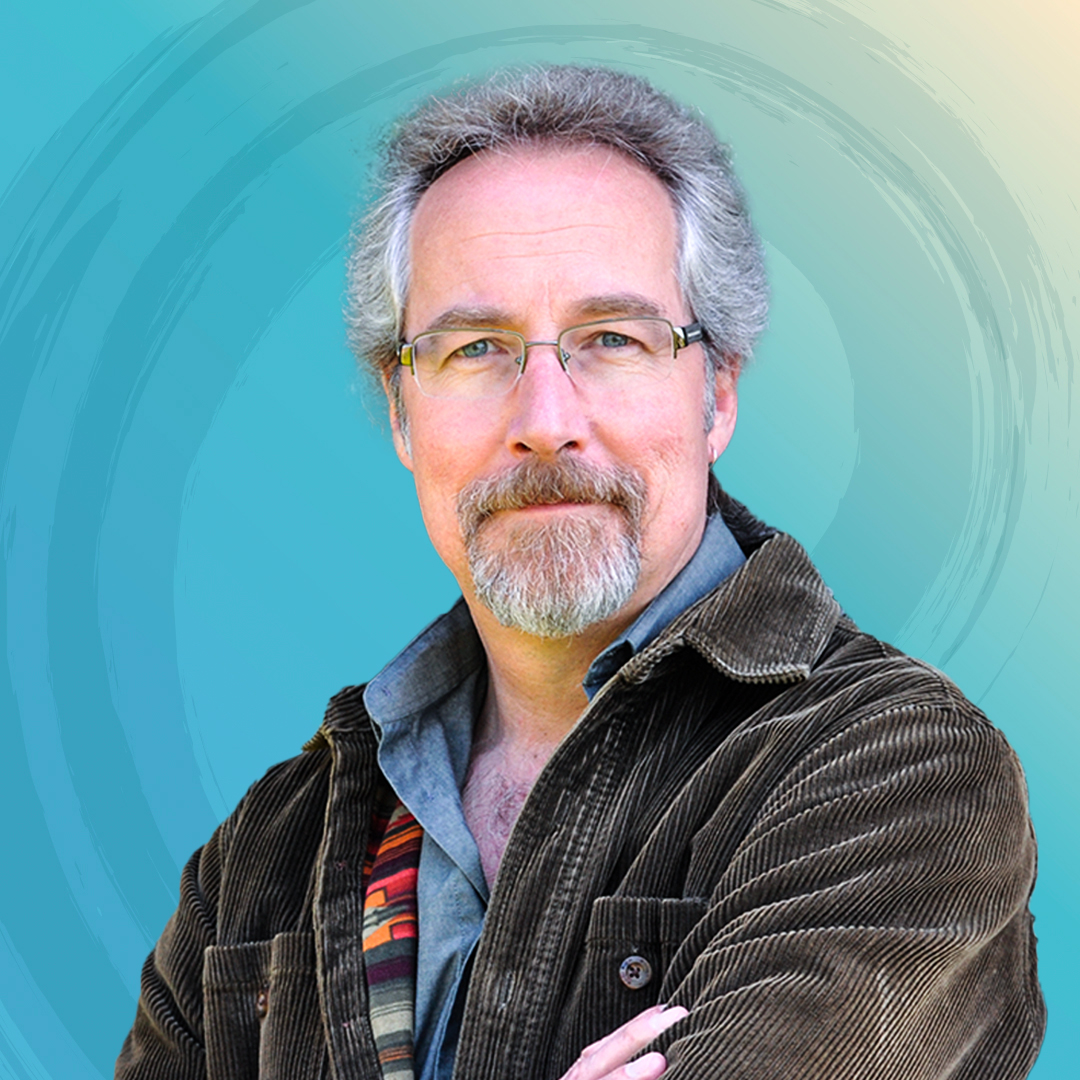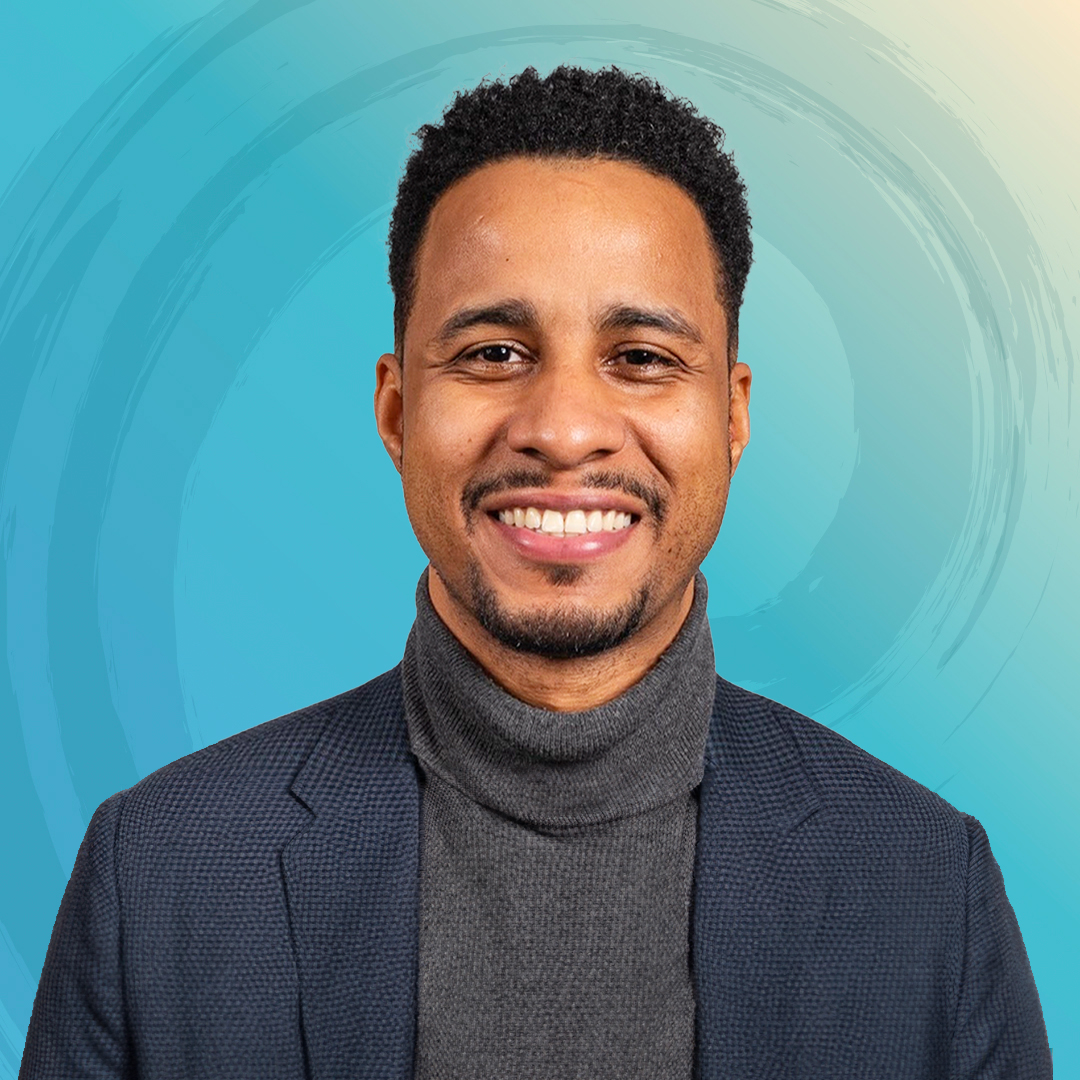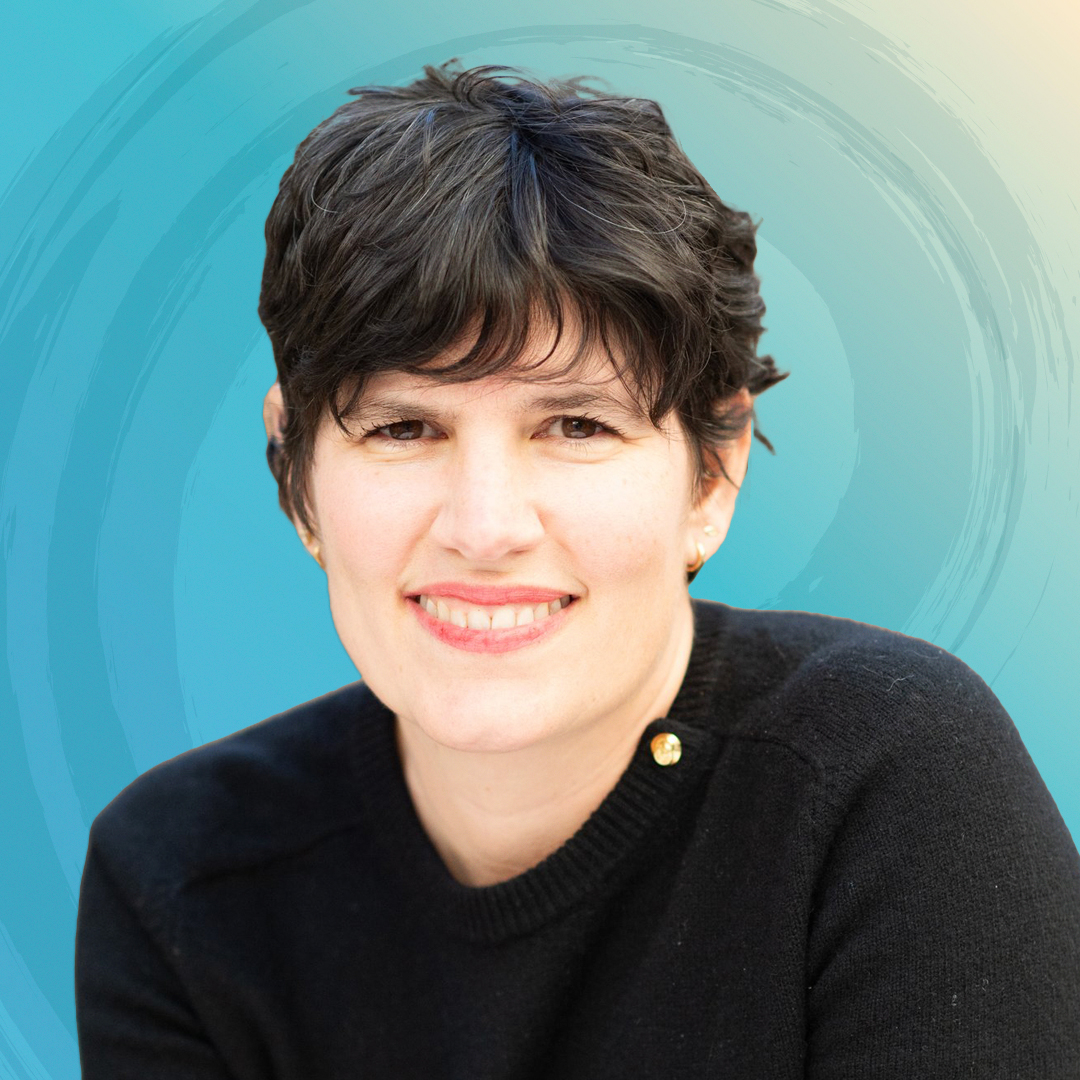Podcast Episodes
“We design the world through the relationships that we live and through the relational qualities that we pass on to the next generation. Practicing in our intimate relationships is actually a rewriting of the past. We can heal, we can integrate, and through that we can change the world.”
- THOMAS HÜBL
Filter by Topic
Search Episodes

Thomas is joined by Francis Weller, MFT – a psychotherapist, soul activist, and author of the bestselling, The Wild Edge of Sorrow. They discuss the need to return to a communal, ritual model of witnessing and processing grief.
Francis explains that grief requires two things: containment, and release, and he shares how a structured grief ritual creates a supportive space where grief can be honored, held, and digested. Francis calls this the “village mind” – a communal field that invites us to let go of our individualistic notions about healing. In this context, we can be reminded of our interconnectedness, opened to transmissions from our ancestors, and more receptive to intuition and creativity.
Francis invites us to see our collective crises as an initiation and grief as a reminder of the depth of our love. By understanding generational trauma, and slowing down to engage in communal practices, we can face these dark times with the courage and creativity needed to step into a radically new world.
Watch now
In this special bonus episode, Thomas leads us on a guided meditation to help ground us into our bodies and tune in with potentiality. He explores the mystical understanding of inspiration and how spiritual practice can help us to be more open and sense the potential of the future. This meditation is intended to help us integrate the learnings from the previous three episodes in our four-part series on Technology, Innovation, and Consciousness.
Watch now
Thomas examines the relationship between technological innovation, creativity, and trauma healing. He explores how trauma hinders our ability to evolve, update, and grow, and how advances in technology have outpaced the ethical maturity of our collective consciousness.
He emphasizes the need for our societies to integrate collective and ancestral trauma so that we can stop repeating cycles of harm and learn to use our technology wisely.
Thomas stresses that this is possible and that creativity and art can help us to “speak the unspeakable” and harvest essential learning from the frozen wounds of the past.
This episode is part three of a four-part series on Technology, Innovation, and Consciousness.
Watch now
Thomas is joined by contemplative social scientist, consultant, and educator in leadership, social justice, and mindfulness, Dr. Angel Acosta. They discuss the rise of Artificial Intelligence (AI) technology and its implications for our collective evolution as a species. In developing this technology, humans have unintentionally imbued it with our own biases and traumas. Thomas and Angel reflect on what’s needed for our individual and collective nervous systems to adapt to so much overwhelming information, and how we can incorporate wisdom from mystical and spiritual traditions to guide us through this new frontier.
Can we examine how AI is mirroring humanity in order to achieve new levels of spiritual, emotional, and psychosocial evolution? Can we learn to use these imperfect tools to propel us forward in our interconnected evolution instead of perpetuating separation and polarization?
This episode is part two of a four-part series on Technology, Innovation, and Consciousness.
Watch now
Thomas is joined by Co-Founder of the Center for Humane Technology, Randima Fernando. They discuss how technology hijacks our dopamine response and reinforces trauma symptoms. Randima explains the downstream consequences of the “attention economy,” including social media’s addictiveness and its negative impacts on our psychology.
He and Thomas explore how better technology education, along with mindfulness practices, can offset these negative effects and help us bring our dopamine systems back into balance. Randima emphasizes how important it is, for both children and adults, to understand our own moral motivations so that we can become less susceptible to manipulation from technology and media.
Watch now
Thomas is joined by the author of the New York Times bestseller, On Our Best Behavior, and the host of the podcast “Pulling the Thread”, Elise Loehnen. They discuss what she calls the ‘cultural shadow’ of women – the ideas and behaviors that women have been socialized and conditioned to reject – and how women can embrace their complicated totality instead of repressing their authentic selves.
Elise’s recent book examines women’s social conditioning through the lens of the “seven deadly sins”. She and Thomas explore the trap of “goodness” for women and how the standards imposed on them lead to harmful repression, inequality, and resentment. Elise stresses that people of all genders are harmed by unfair standards that are propagated through social power structures, and posits that we can free ourselves from these constricting gender roles by reframing our thinking and integrating our shadows instead of projecting them onto others.
Watch now
